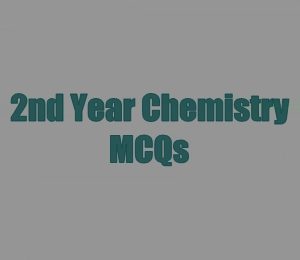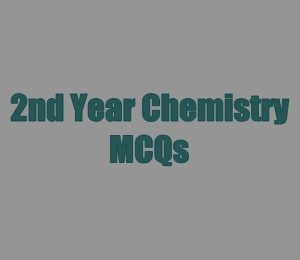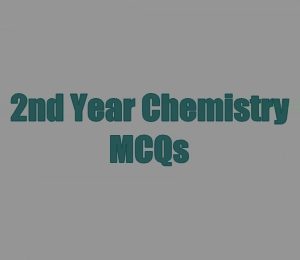Let’s get the important 2nd Year Chemistry Chapter 9 MCQs Aromatic Hydrocarbons with Answers here. Hydrocarbons are classified into cyclic and open-chain compounds. This chapter is about closed-chain or cyclic hydrocarbons. They have further two classes i.e. Monocyclic and Polycyclic Aromatic hydrocarbons. It is important to know about their structures and stability. Then the preparation of Benzene and its reactions are important. Then finally, the comparison of the reactivity of alkanes, alkenes, and benzene is discussed. Now move on to the MCQs to prepare for the entrance test. These questions will help you to prepare well for them. Solve the quiz given below and then check the answers.
2nd Year Chemistry Chapter 9 MCQs Aromatic Hydrocarbons
1432



